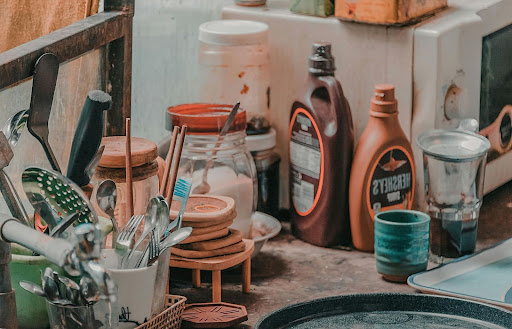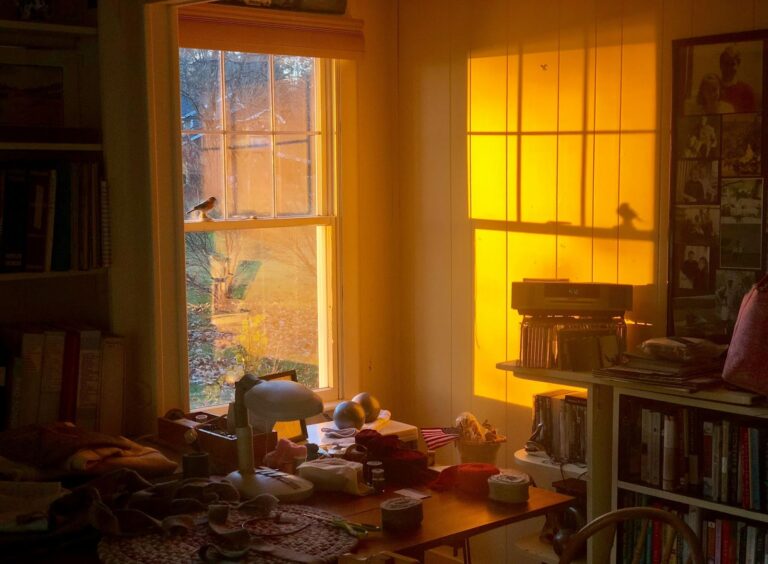An article in the Vancouver Sun highlights how today’s society is characterised by easy credit and high urban density, and as a result, most of us simply have too much stuff and nowhere to put it. The endless stream of clothes, seasonal decor, gifts, paperwork, dollar-store treasures (I mean who doesn’t LOVE the dollar store?!), sentimental items, unfinished projects and overloaded IKEA bookcases is just too much.
Hoarding, which has been classified as a psychiatric disorder since 2013, affects 2%-6% of the population. The more common phenomenon of clutter and its emotional consequences have not been the subject of much psychological study. According to the Professional Organizers in Canada, “83% of Canadians indicate they are extremely disorganized and 91% of Canadians feel clutter negatively affects their lives.” According to Planet Storage, the average Canadian spends 12 weeks a year looking for stuff they can’t find. In a recent paper published in Current Psychology, authors Joseph Ferrari et al. suggest clutter can have significant
Although clutter itself is not a mental disorder, its effects on mental health are very real. The stress clutter and disorganization cause, as noted in Psychology Today, is partially due to the excessive visual stimuli of having some many unrelated items strewn about.
It also gives our brains the sense that our work is never completed which creates guilt, anxiety and the feelings of overwhelm. Holding on to things “just in case” is an evolutionary behaviour, according to Dr. Joti Samra, a clinical psychologist who works with compulsive hoarders. This tendency to hold on to things in case we need them at some ambiguous future date comes from prehistoric times “when resources were scarce. Collecting, storing, even hoarding, might have helped us survive between harvests and hunts.” In today’s society, most people’s basic needs are met, and so collecting/storing/hoarding behaviour is no longer needed but still lingers and in itself becomes the cause of increased stress.
Read more: Tidying up: The psychology of clutter and why we’re now cleaning it up | Vancouver Sun


